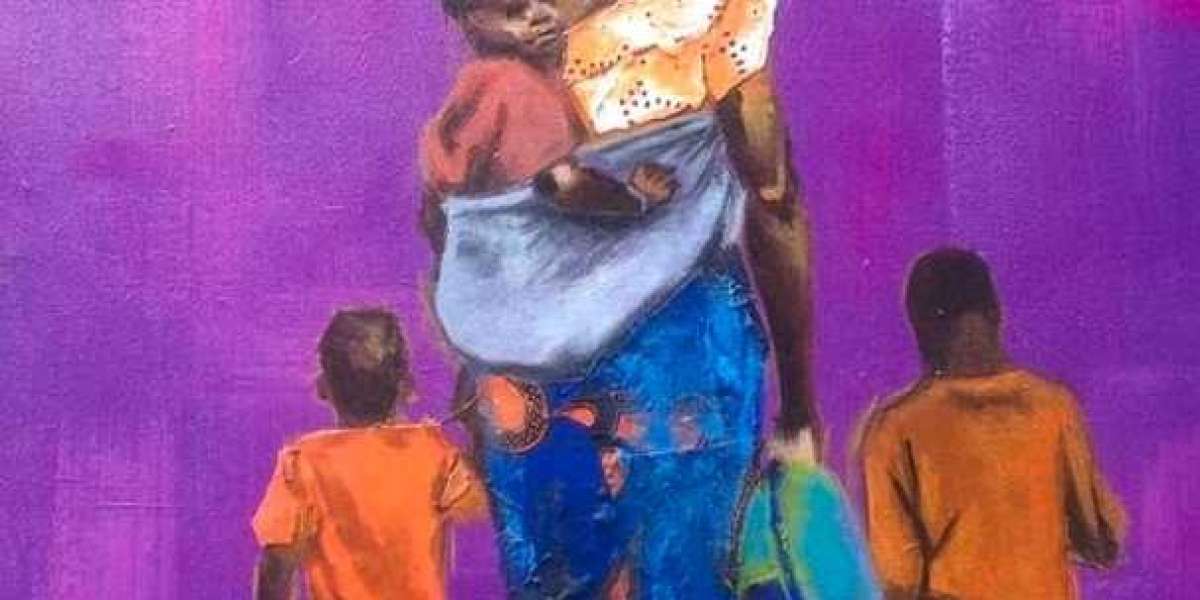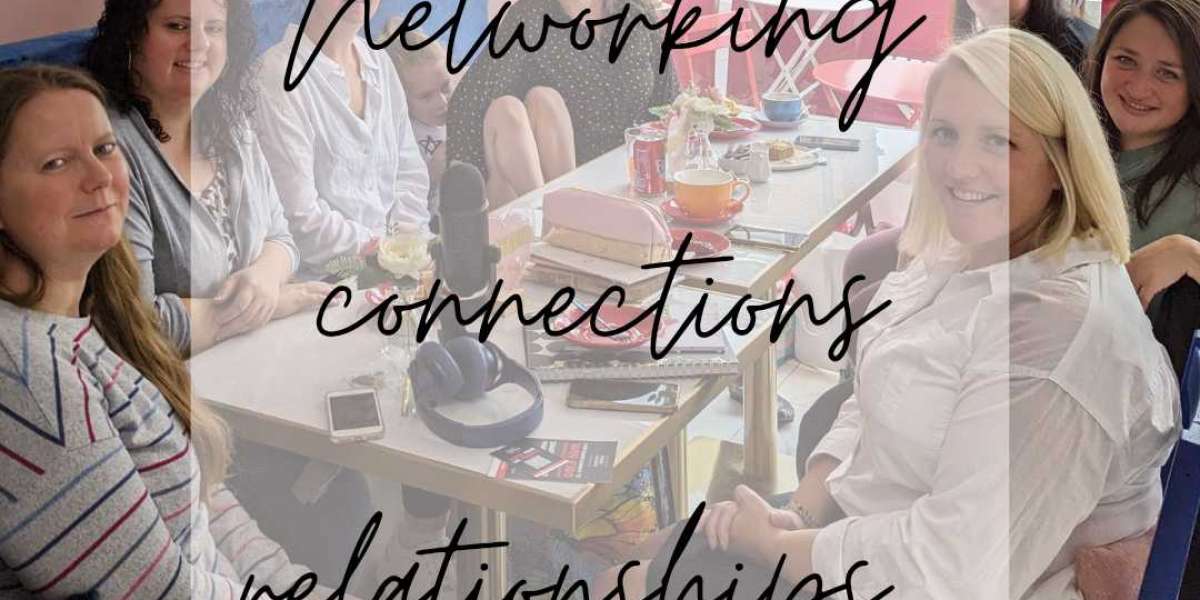Parenting is a journey like no other, but when you’re doing it solo, every victory feels bigger, every challenge a bit steeper, and every moment with your child even more precious. Whether you’re balancing work and bedtime stories, finances and fun, or discipline and deep conversations, being a single parent is a unique blend of resilience, love, and sheer determination. This blog is a space for sharing the highs, the lows, and everything in between—because while the journey may be solo, you’re never truly alone.
Journeying solo as a parent is rarely a self-made decision; it often arises from various factors best understood by the individual experiencing it. Growing up in the rural areas, I often heard stories from friends about how their fathers left one morning to get milk from the shop and never returned. Single parenthood takes different forms, each with its own set of challenges.
Single parenthood by widowhood or widowerhood is often marked by grief, loss, and the sudden responsibility of raising children alone while simultaneously coping with personal bereavement. Single parenthood by divorce or separation is a common pathway, particularly in contemporary society, often involving co-parenting arrangements that range from amicable to highly contentious. Some individuals intentionally choose to become parents without a committed co-parent, including unmarried individuals or single individuals who adopt children. In other cases, one parent leaves without informing their partner, creating a sudden and often devastating shift. Many children from underprivileged backgrounds have grown up with such narratives. Some of us only heard about our fathers when we were old enough, yet still felt indifferent towards them. The truth is, mothers play such a crucial role in parenting that their presence often overshadows the absence of a father figure.
This blog aims to recognize the hurdles single mothers face in solo parenting. In literature, we often say that an author does not create in isolation; their work is a reflection of their environment and personal experiences. This piece represents my own connection to this family setup.
Single mothers face significant economic hurdles. Many are relegated to the informal sector, characterized by unstable income, lack of benefits, and physically demanding labor, such as doing laundry for others to earn a living. This is especially true for those with basic education and no vocational training. The rising cost of living in urban centers like Nairobi and Mombasa exacerbates these struggles, with high rent and increasing school fees placing immense pressure on single-income households. Limited access to credit and formal employment opportunities further deepens their economic vulnerability. Many are forced to juggle multiple income-generating activities or rely on informal cooperative societies (chamas) to navigate financial constraints. A common means of survival is the "ndonyo" or "soko," an open-market system held once or twice a week where various commodities, especially groceries, are sold.
Beyond financial struggles, single mothers also face significant social stigma. Despite evolving family structures, traditional norms often cast single mothers in a negative light, leading to prejudice and discrimination within communities and religious institutions. This social ostracization can result in isolation, reduced support, and difficulties in accessing resources and opportunities. Children in single-mother households may also face stigma among their peers, affecting their social adaptability and academic performance. The absence of a father figure is often cited as a challenge, especially in disciplining children, particularly boys.
The emotional weight carried by single mothers is immense. Financial insecurity, sole responsibility for childcare, and the lack of a partner's emotional and practical support contribute to heightened stress levels. The burden of prejudice, discrimination, and constant concern about providing for their children can take a toll on mental well-being. Balancing work and parenting leaves little time for self-care, often leading to burnout. As a child, I never fully understood the emotional strain my mother endured, but as an adult, I recognize her silent strength. She had to remain strong, showing us hope and resilience.
Single mothers also struggle to ensure their children’s educational success. Financial constraints may limit access to quality education, making it difficult to afford school fees, uniforms, and learning materials. The lack of time and resources can hinder their ability to provide academic support at home. Studies show that children from single-mother households may, on average, perform poorer academically and have a higher likelihood of dropping out compared to their peers from two-parent families.
Despite these multifaceted challenges, single mothers in Kenya and across Africa display remarkable resilience and resourcefulness. Many build strong support networks with other single mothers, engage in entrepreneurial ventures, and leverage digital banking platforms for financial stability. However, systemic support is essential to ease their burdens. Many remain disadvantaged due to limited access to social support systems. Policy reforms are needed to enhance social protection, provide affordable childcare, and implement workplace policies that accommodate family responsibilities. Strengthening child support laws and expanding access to education and healthcare are crucial steps toward empowering single mothers and securing a better future for their children.
Single motherhood is undoubtedly a journey filled with unique challenges, demanding unwavering strength and boundless resilience. But within that very strength lies extraordinary power. You, single mothers, are the architects of your families, creating homes of love, support, and growth against all odds. Every bedtime story read, every scraped knee kissed, and every milestone celebrated solo is a testament to your incredible capacity. Embrace your power, trust your instincts, and know that the love you give is more than enough. You are not just surviving; you are thriving. Your children are witnessing the true meaning of courage and devotion.








